Freshwater should be preserved because it is vital for all life on earth. We can reduce waste by learning to overcome inefficiencies and use this resource more intelligently. The generation of wastewater is increasing rapidly, and this needs to be addressed globally.
Once a year in November, the European Week for Waste Reduction takes place.This is a time when we all come together to learn how to reduce the amount of waste we produce each year. One way to do this is by reducing water waste in our homes. In this blog post, we will discuss 8 tips that will help you conserve water and save money!
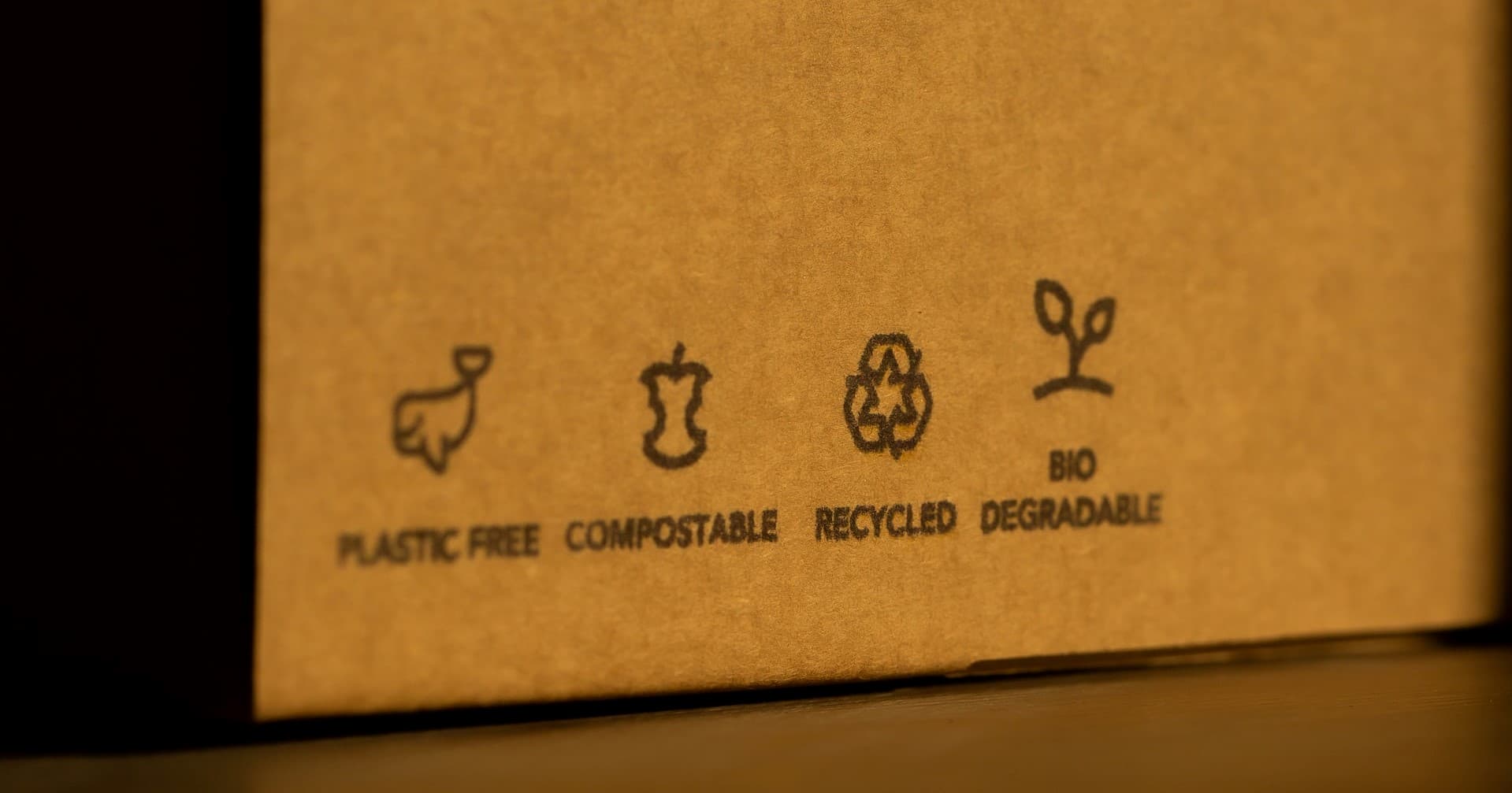 There are many things we can do to reduce water waste in our homes. One way is to choose products that can be recycled. This means the product was made using less water, and it also reduces the number of toxic chemicals that might end up in our freshwater sources.
There are many things we can do to reduce water waste in our homes. One way is to choose products that can be recycled. This means the product was made using less water, and it also reduces the number of toxic chemicals that might end up in our freshwater sources.
Showers are one of the biggest water wasters in the home. If you want to save water, spend less time in the shower! A five-minute shower uses about 75 liters of water. That's a lot of water! So, if you can reduce your shower time by even a minute, you'll be saving water.
By the time you wait for your shower to heat up, enough water has already gone down the drain to fill a bucket! This wasted water is why keeping a shower bucket handy is so important. Not only will it save you money on your utility bill, but it's also better for the environment.
There are many different ways you can use the water you catch: Watering your plants, flushing the toilet, or hand washing delicate undergarments. Those are just a few ideas – feel free to get creative.
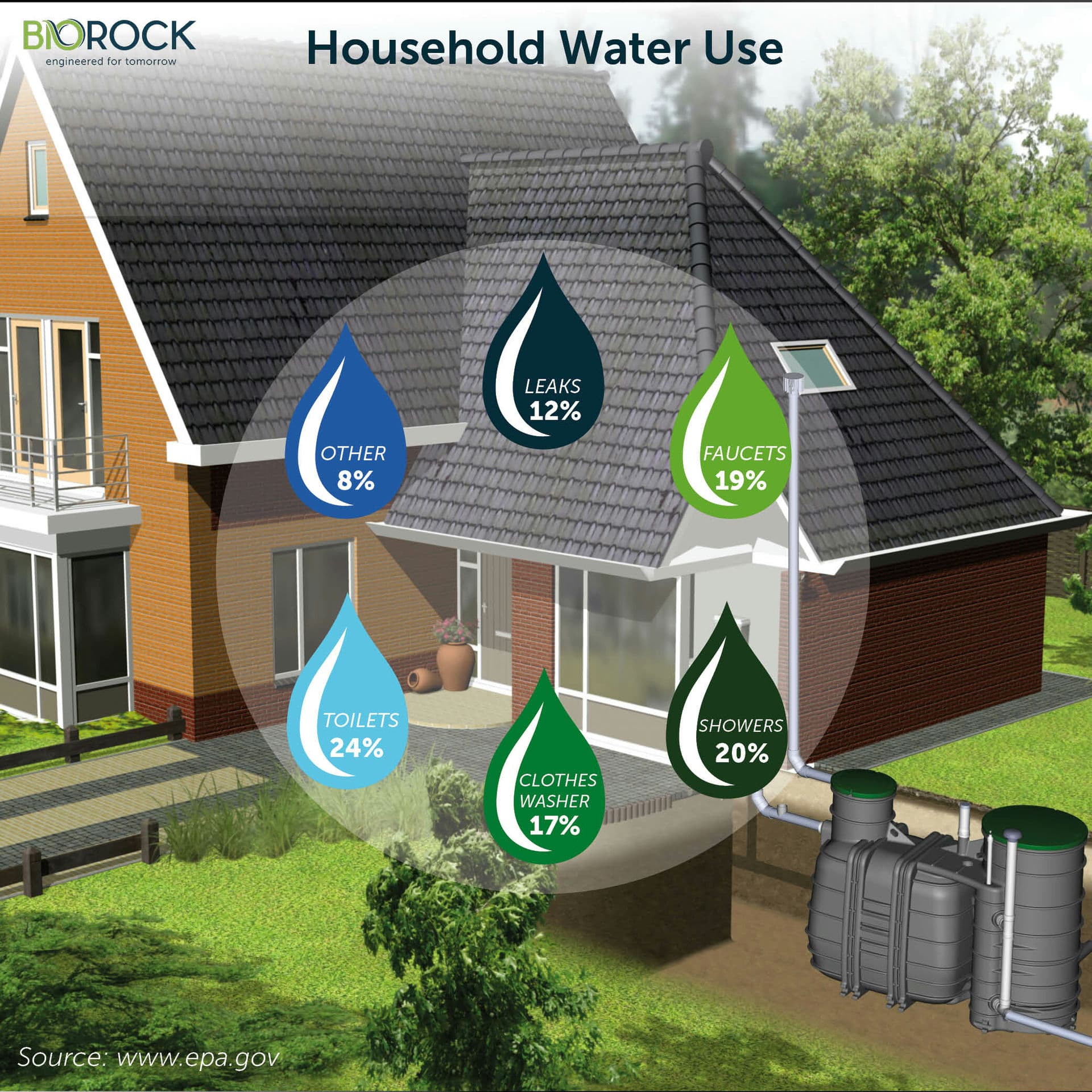
One of the best ways to conserve water is to make sure there are no leaks in your pipes. A small drip from a leaky faucet can waste a lot of water over time. In fact, a single leaking toilet can waste up to 700 liters of water per day! Leaks are not only wasteful, but they can also be expensive. A single leak can add up to 10% to your water bill each month! So, it's important to check for leaks and have them repaired as soon as possible.
When you run a partial load of laundry or dishes, you're wasting water. It's best to only run full loads so that you can save water and energy. If you must run a partial load, be sure to adjust the amount of water used accordingly.
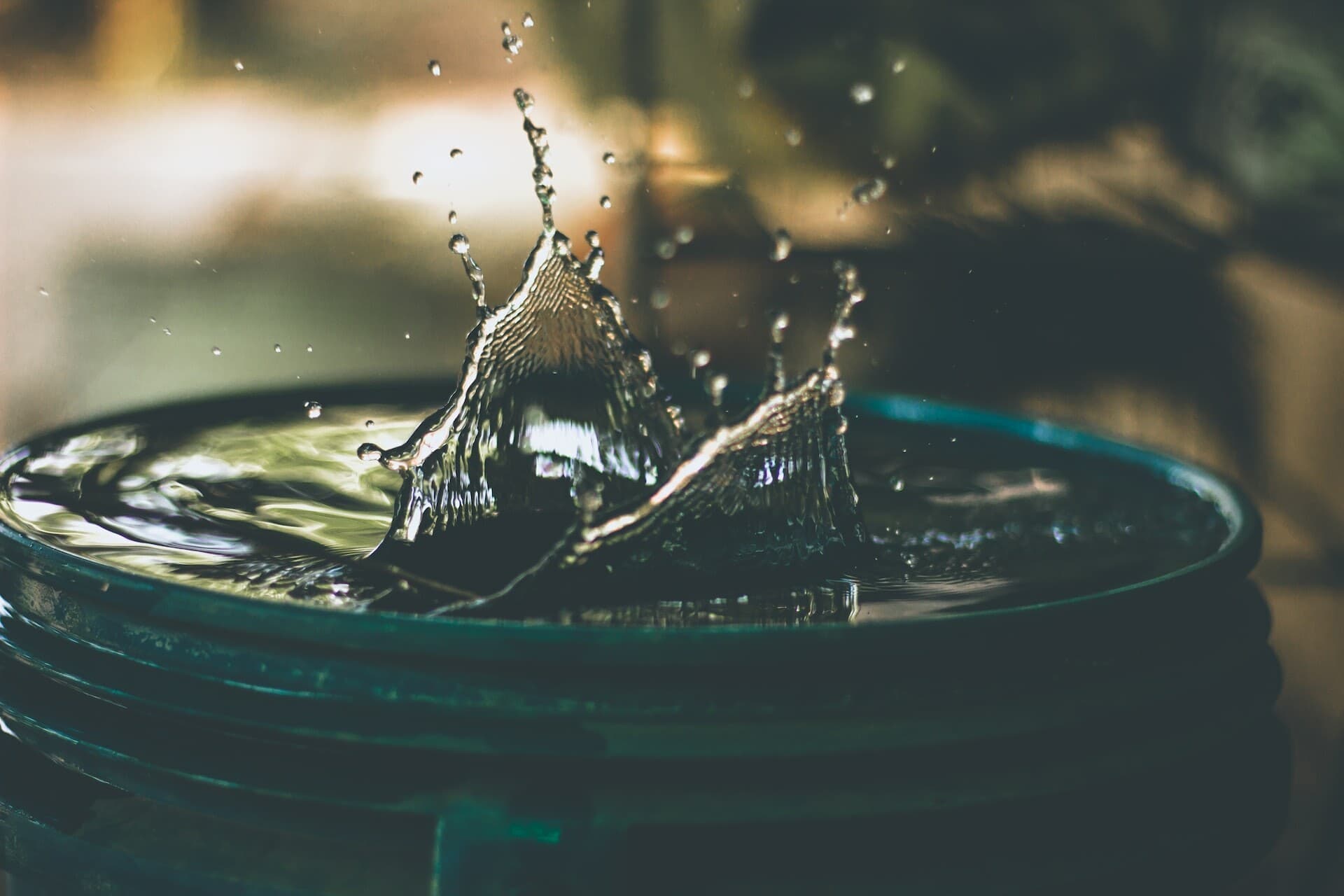 Rain barrels are a great way to reuse water. They collect rainwater from your gutters and downspouts and store it for later use. This water can be used to water your plants or wash your car. It's a great way to save water and money! Did you know that a water butt can save you approximately 85,000 liters of rainwater every year from your roof?
Rain barrels are a great way to reuse water. They collect rainwater from your gutters and downspouts and store it for later use. This water can be used to water your plants or wash your car. It's a great way to save water and money! Did you know that a water butt can save you approximately 85,000 liters of rainwater every year from your roof?
Another way to reduce water waste is to reuse treated wastewater to irrigate plants. This process helps to conserve water and also prevents pollutants from entering our freshwater sources. If you have an individual wastewater treatment plant at home, you can use the wastewater once it's treated for irrigation. This process is called sewage effluent irrigation (SEI). SEI reduces the demand for freshwater resources and helps to conserve water. It also prevents pollutants from entering our freshwater sources. Before installing this system, check the local regulation in your town!
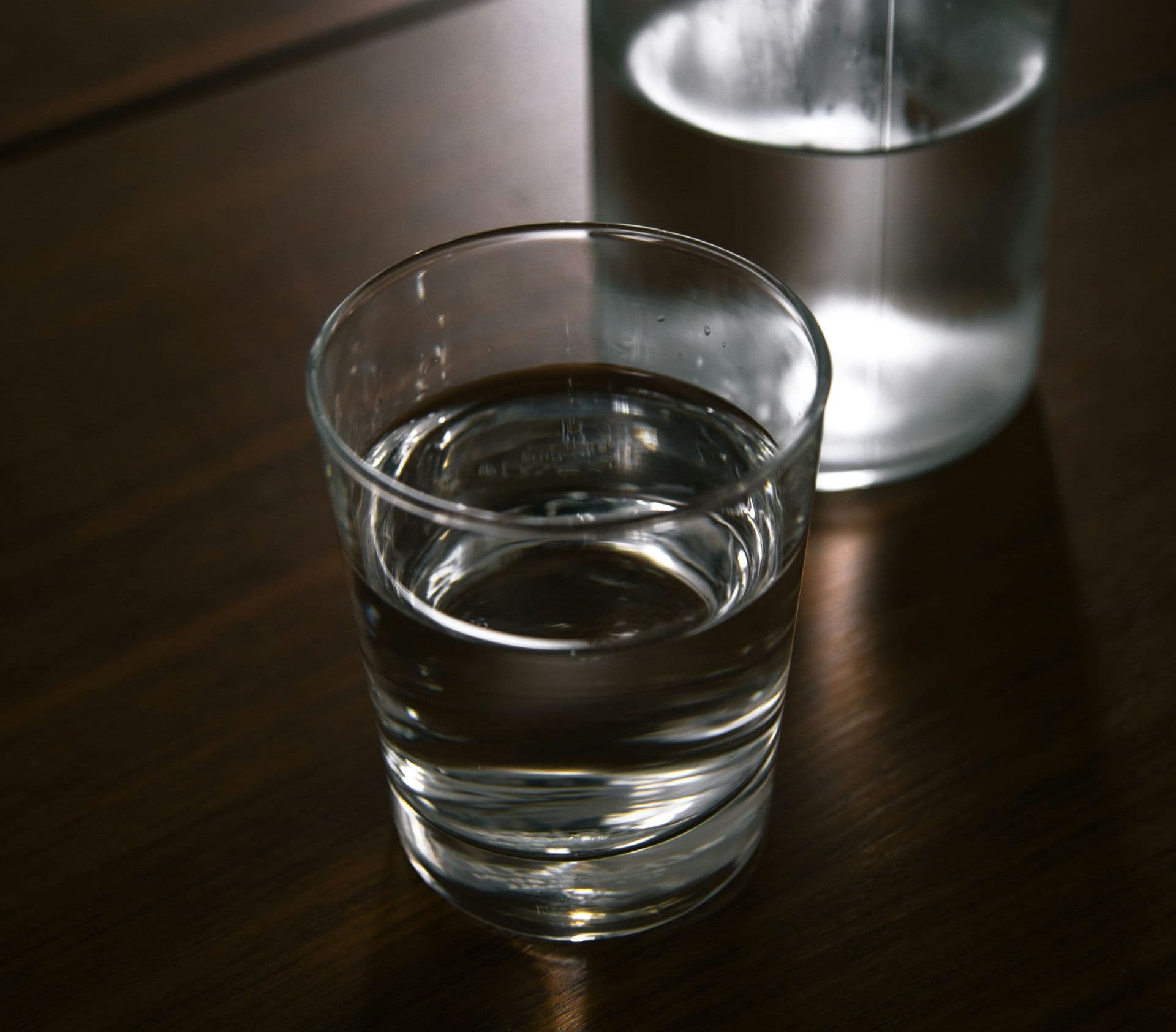 It may sound odd, but guzzling H20 actually helps preserve water in the long run. That's because other drinks demand far more water to produce than they contain. For example, did you know that one bottle of cola requires approximately two or three bathtubs' worth of water to manufacture? Crazy, right? The agricultural process of growing sugar cane is extensive and taxing on water resources, in addition to causing pollution from pesticides. It's important to be mindful of how much water goes into the making of our food and drinks - both during farming/production and packaging.
It may sound odd, but guzzling H20 actually helps preserve water in the long run. That's because other drinks demand far more water to produce than they contain. For example, did you know that one bottle of cola requires approximately two or three bathtubs' worth of water to manufacture? Crazy, right? The agricultural process of growing sugar cane is extensive and taxing on water resources, in addition to causing pollution from pesticides. It's important to be mindful of how much water goes into the making of our food and drinks - both during farming/production and packaging.
While we're on the subject, next time you're out at a restaurant remember to finish that free glass or pitcher of water! Save unfinished water so that you don't have to throw it away. If you can't finish your drink, put it in a travel mug or thermos for later. That way, the water won't go to waste.
Clothes washers use a lot of water, so it's important to be mindful when washing clothes. One way to do this is to only wash full loads of laundry. If you must wash a partial load, be sure to adjust the amount of water used accordingly. Another way to save water when washing clothes is to use cold water instead of hot water. Cold water uses less energy and costs less money than hot water. Additionally, cold water is just as effective at cleaning clothes as hot water. So, there's no need to waste energy and money by using hot water when cold water will do the job just as well!
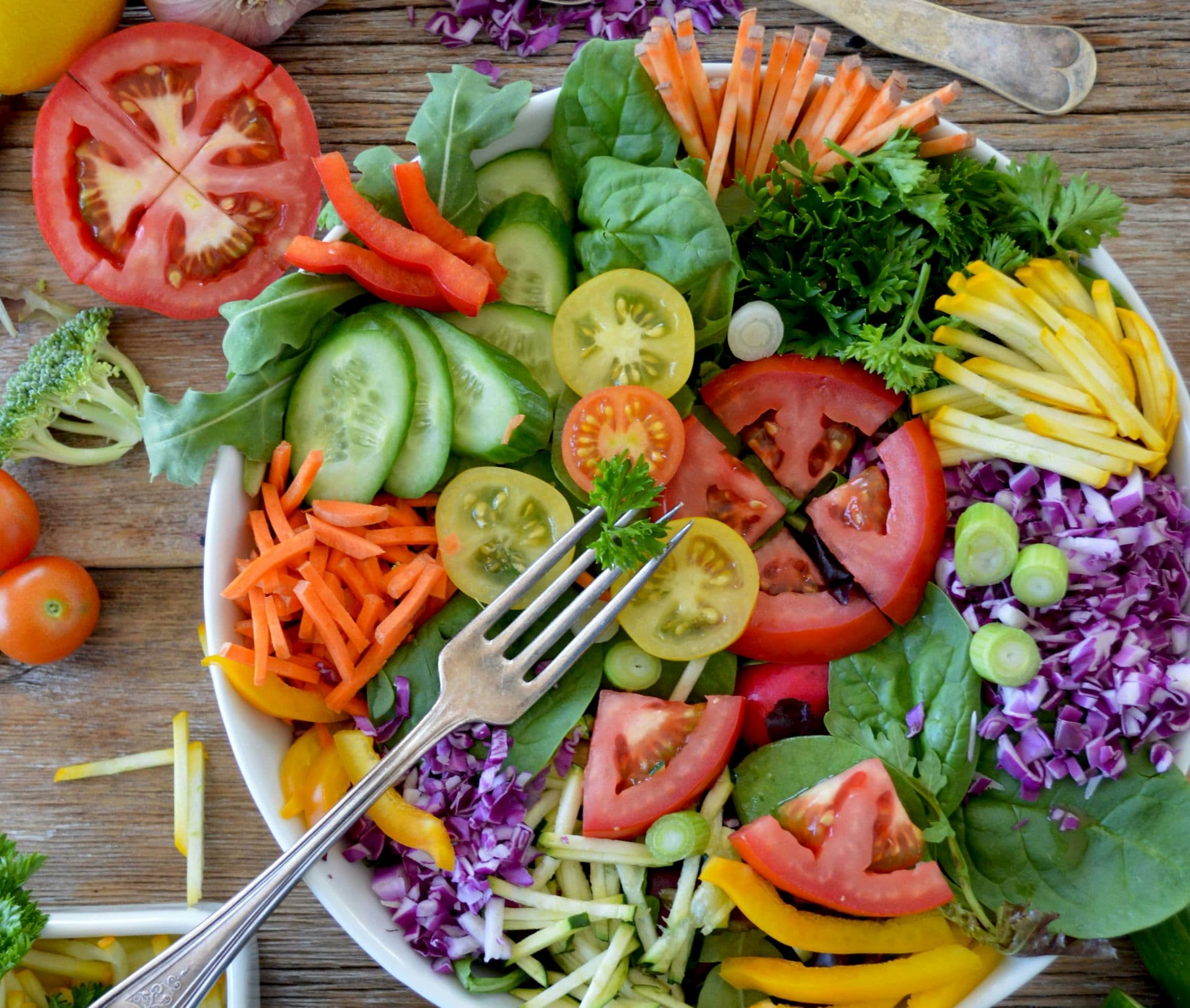
The United Nations’ Food and Agriculture Organization (FAO) estimates that the livestock sector accounts for about 15% of human-induced greenhouse gas emissions. This number is expected to increase as the global demand for meat continues to rise. One way to help reduce your carbon footprint is to eat less meat. Try going meatless one day per week! There are tons of delicious recipes out there that are perfect for Meatless Mondays (or any day of the week!). Not only will you be helping the environment, but you'll also be eating healthier!
Water is a precious resource, and it's important that we do our part to conserve it. There are many ways to reduce water waste in your home. By following the tips above, you can make a difference!
If you're interested in treating wastewater from your home in a sustainable way, call us right now!